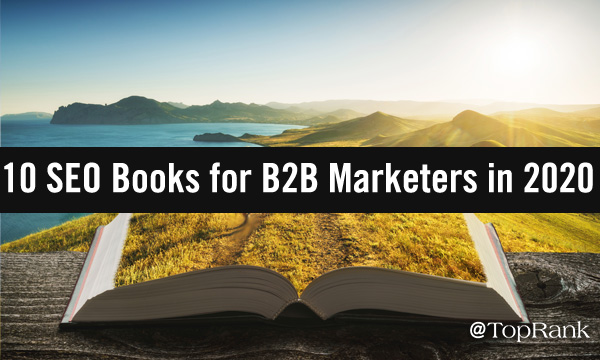
There are plenty of resources online that can break down what search engine optimization (SEO) is, how search engines work, and how to improve your website to rank better in search engine results pages (SERPs). This is the age where you can Google every question that pops into your head and receive an answer in roughly 280 characters, after all.
Call this millennial old-fashioned, but some questions are worth buying, borrowing, or downloading a book for and deep-diving into a subject. Nothing beats the ability to physically highlight, write in the margins or flyleaf, and dog ear as one learns.
In 2020, over 64% of marketers are actively invested in SEO. With organizations funding SEO improvements in hopes of inbound marketing growth, this year may be the perfect opportunity for B2B marketers to learn more about what they’re investing in and understand the secrets behind the search engines that run our info-driven world.
While every book listed below isn’t specifically on the topic of SEO, each speaks to an important aspect of understanding or practicing search engine optimization. Some books are also more advanced and dive deeper than others, so we’ll mark these as “extra credit.”
How Search Engines & Websites Works
If you’re a B2B marketer with less technical knowledge, taking a step back and learning the basics will make future learning come more easily. Understanding how websites are served up and roughly how search engines crawl, understand, and choose pages for SERPs are at the heart of everything SEO.
1. Introduction to Networking: How the Internet Works by Charles Russell Severance
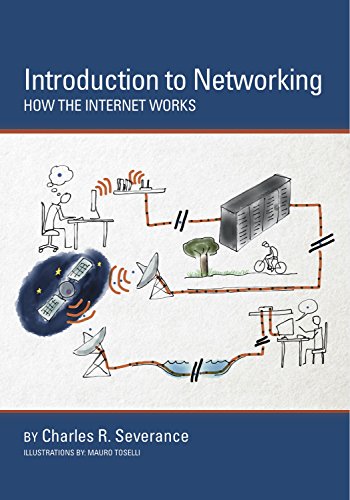
Charles Russell Severance’s Introduction to Networking: How the Internet Works is written for those without any technical know-how. Mauro Toselli includes illustrations for concepts covered throughout the book, which can be helpful for visual learners. Chapter recaps and quizzes help readers ensure they’re taking away the biggest learnings.
Crawling
2. Web Data Mining: Exploring Hyperlinks, Contents, and Usage Data by Bing Liu (Extra Credit)
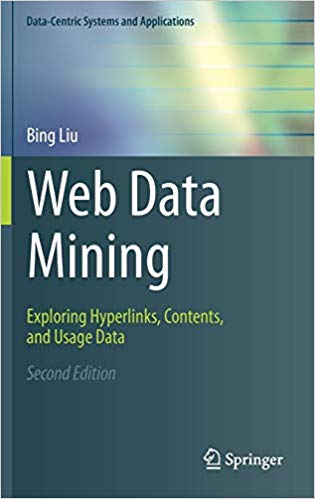
Crawling and machine learning are central concepts within how search engines work. The process of crawling allows for search engines to discover which pages and posts exist online and consume what is on those pages, helping search engines determine what to rank. Machine learning, a hot and trending tech concept, has become pivotal as our search engines grow more sophisticated in relating and tying concepts and entities together (think “People also ask” suggestions). Liu’s work covers these topics and more.
SEO Basics
3. WordPress Search Engine Optimization by Michael David
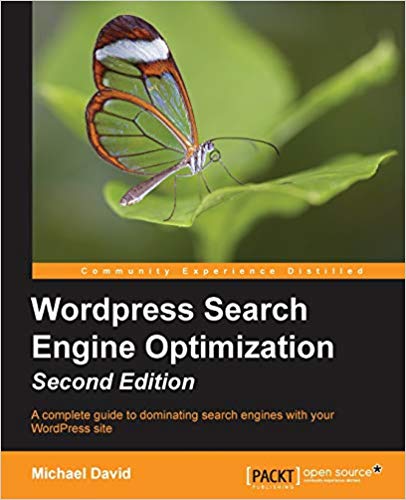
Full Disclosure: This book was my introduction to SEO, so of course I think it’s a great resource on how to get started. Some specifics like screen-shots or URLs are outdated now, but the SEO concepts and tactics laid out stand true.
WordPress Search Engine Optimization not only demystifies search engines and core SEO tasks like keyword research, it provides practical, hands-on advice on how to improve your search visibility without black-hat techniques, create content for crawlers and people alike, how to start building back-links, and conversion rate optimization (CRO) basics.
WordPress is the web’s most popular content management system (CMS), so we hope that including this book among our top 10 is practical for the majority of our readership.
4. Ecommerce SEO: An Advanced Guide to On-Page Search Engine Optimization for Ecommerce by Traian Neacsu (Extra Credit)
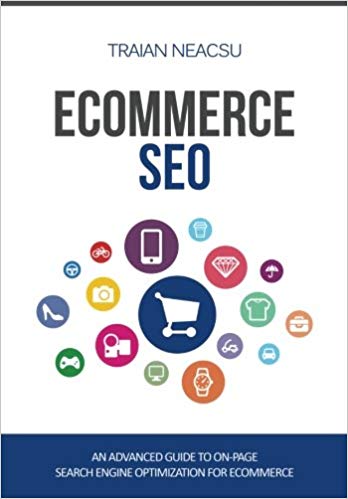
While e-commerce websites are traditionally for B2C spaces, there are B2B companies using them. E-commerce sites beget unique SEO questions and issues that non-ecommerce sites don’t typically run into, if ever. Neacsu’s Ecommerce SEO plunges into these unique e-commerce SEO issues and offers actionable tactics to implement on your site.
Written Content
There is no search engine optimization without content. Heck, there’s no marketing without content! Bad SEO analysts will use keyword stuffing — adding keywords with the intent of manipulating search results — and write content without considering that someone other than a bot might read it. Good SEOs and writers create content that builds online authority, links, and most importantly, audience trust with their words.
The following recommendations can help elevate messaging and copy for humans — the readers who matter most.
5. Everybody Writes: Your Go-To Guide to Creating Ridiculously Good Content by Ann Handley

Ann Handley is no stranger to rocking the marketing world with her words. In Everyone Writes, she empowers all writers with advice on how to write better, basic grammar rules, how to tell a story, what tools to use, as well as creating credible content.
Bonus: TopRank Marketing’s Lee Odden had the opportunity to chat with Ann last year. Check out their conversation centered around content:
6. Web Copy That Sells: The Revolutionary Formula for Creating Killer Copy That Grabs Their Attention and Compels Them to Buy by Maria Veloso
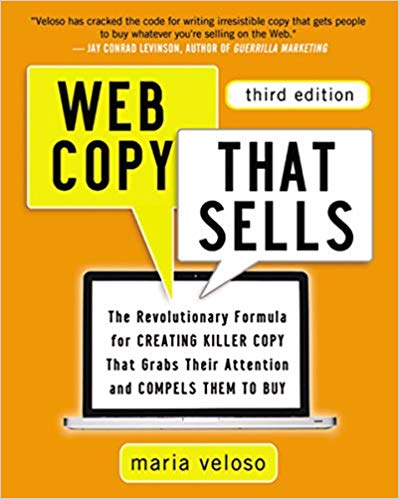
Websites are a tool to market products and services. Without memorable copy that tells a story or presents value, the tool isn’t utilized to its greatest potential. Veloso’s Web Copy That Sells shares how to distill messaging, test copy, and use psychological tactics to encourage sales.
Link Building
In 2020, the lines between public relations, third-party editorials, sponsorships, and link building are blurred. Although the next book is labeled extra credit because of how comprehensive it is, I highly recommend taking the time to learn how all these marketing and PR efforts affect domain authority and spam scores through link juice.
7. The Ultimate Guide to Link Building by Eric Ward & Garrett French (Extra Credit)

As stated in The Ultimate Guide to Link Building, “[l]ink building is both an art and science.” Ward and French have proven to be experts in both in this very comprehensive guide. Eric Ward, commonly referred to as “Link Moses,” writes about how link building is more than link juice, delving into the science. Garrett French, a founder of a link building agency, continues to carry the link building torch in this second edition. This book can help SEOs think beyond simply gaming an algorithm by primarily using link building to promote a website.
Technical SEO
8. Technical SEO: A Guide to Understanding Advanced Technical SEO by Lee Parsons (Extra Credit)
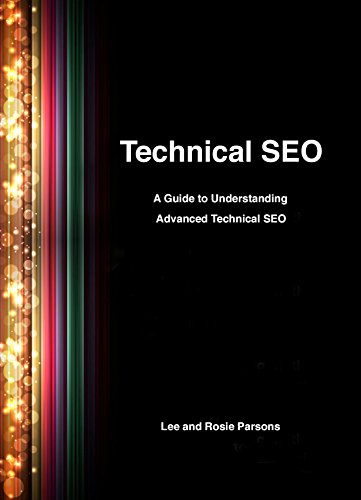
Technical SEO is crucial to edging out other online competitors. This book covers optimization techniques for web development, server configuration, and how to analyze the impact these techniques have made on your website.
Google Analytics
9. The Ridiculously Simple Guide to Google Analytics: The Absolute Beginners Guide to Google Analytics by Scott La Counte
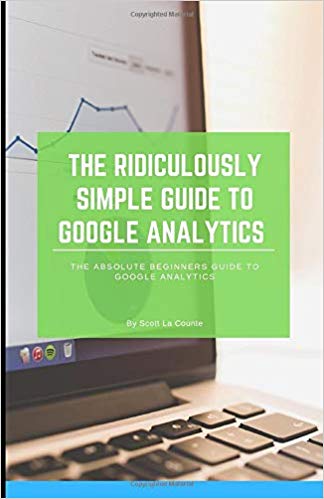
Google Analytics can be overwhelming for beginners. La Counte writes to help readers understand what metrics mean, which key performance indicators (KPIs) mean the most to your efforts, and how to analyze them in Google Analytics.
Integrating SEO with the Rest of Your Digital Marketing
10. Optimize: How to Attract and Engage More Customers by Integrating SEO, Social Media, and Content Marketing by Lee Odden
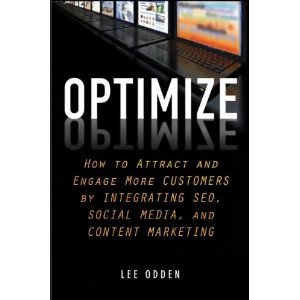
The most effective and useful SEO effort raises all boats. In Lee Odden’s Optimize, the importance of integrating search, content marketing, and social media efforts are brought back to the simple goal of providing the best service to customers and potential customers. His book breaks down how to create a content marketing plan for your audiences, how to find which tactics will best serve your company, and how to implement them.
Apply Your New B2B SEO Knowledge
After reading these books, you’ll never again wonder about the validity of that spammy email that’s trying to sell your organization SEO services. You’ll better understand the technical intricacies of your company’s website. You’ll develop an SEO strategy that will best serve your audience and their needs.
Need extra help ramping up your SEO strategy? Learn about TopRank Marketing’s SEO services today.



